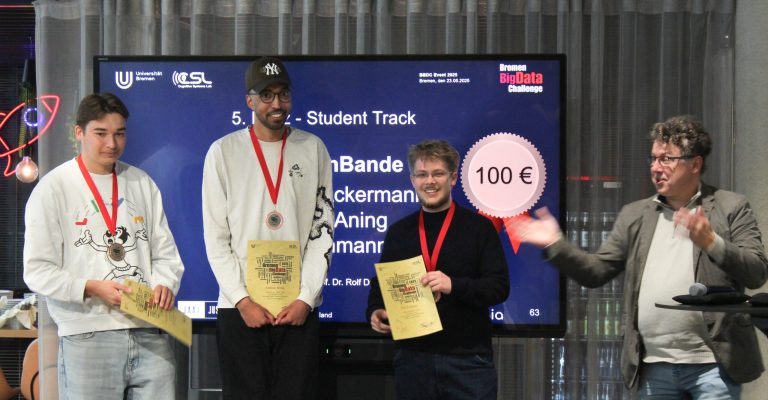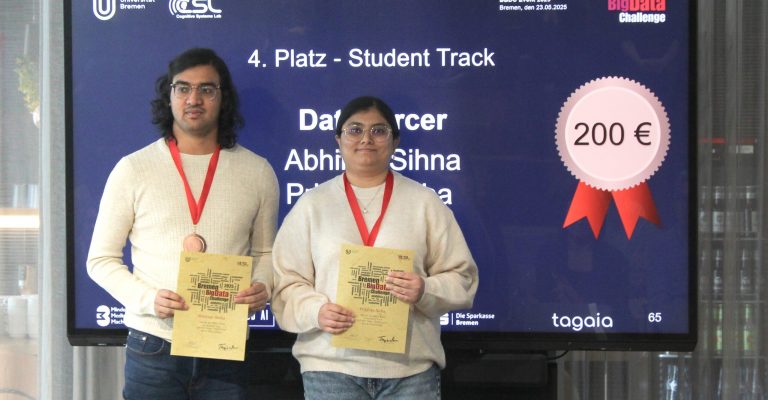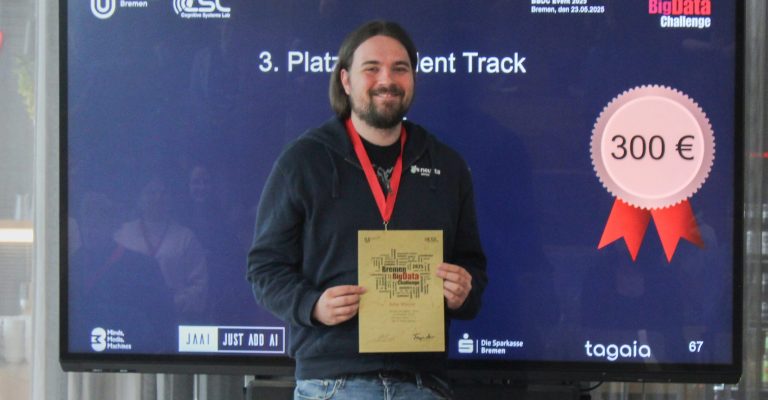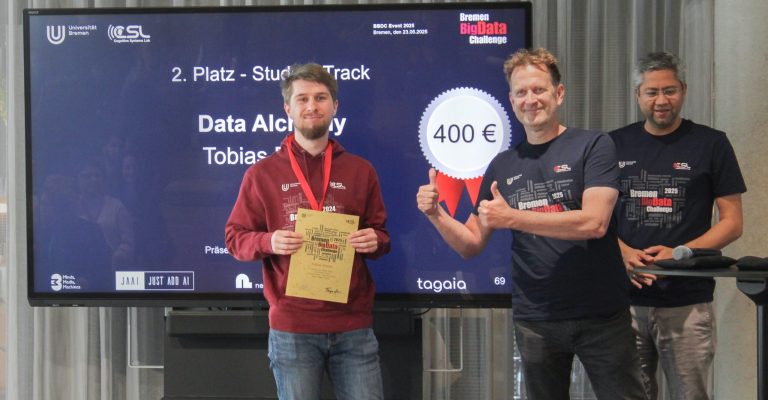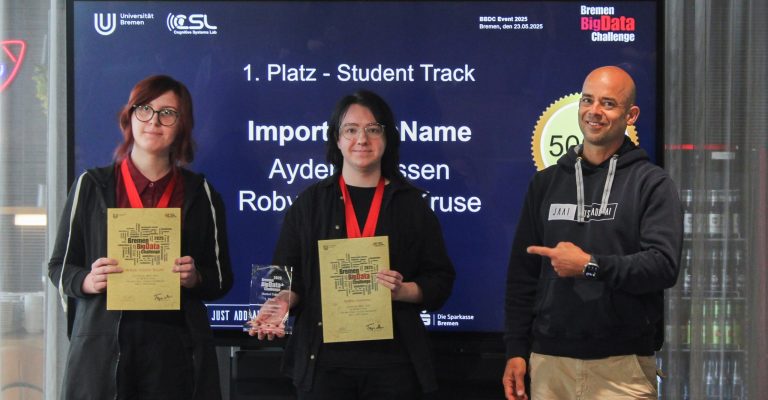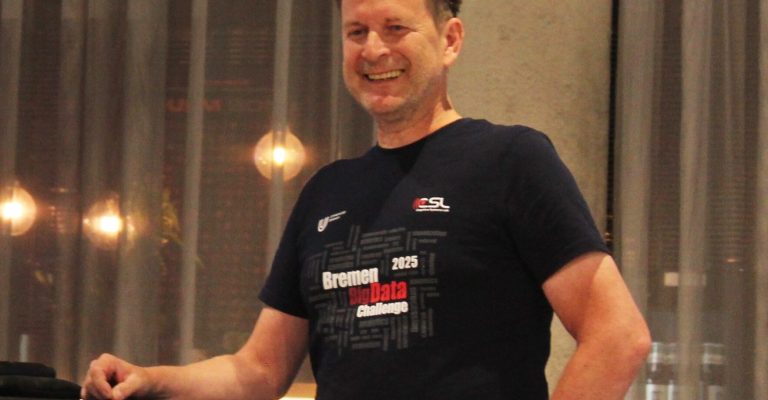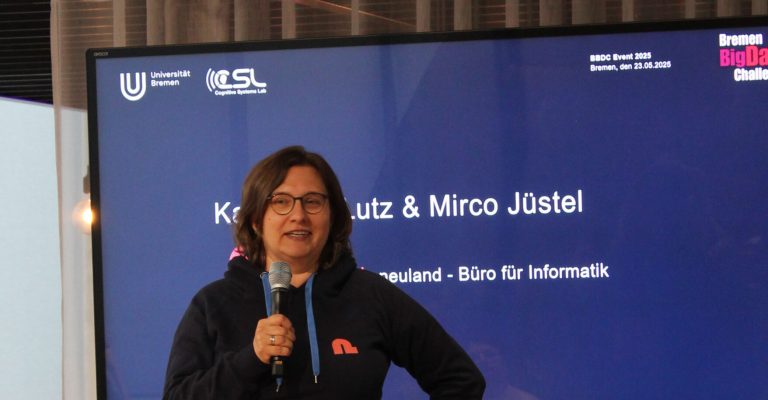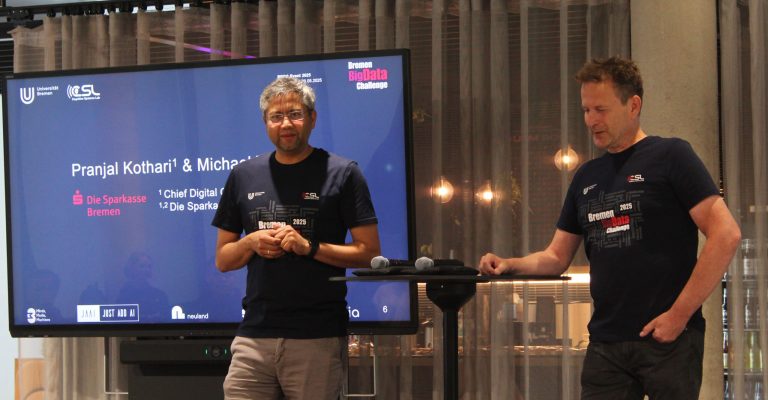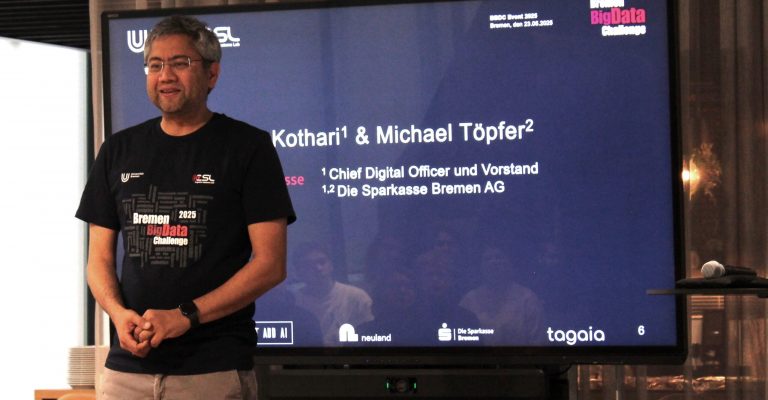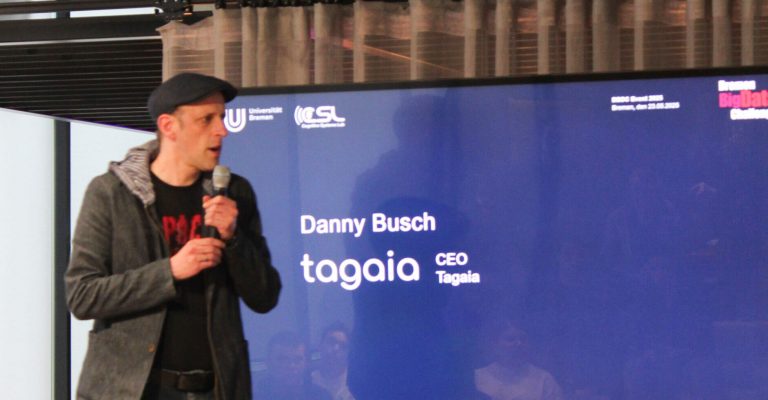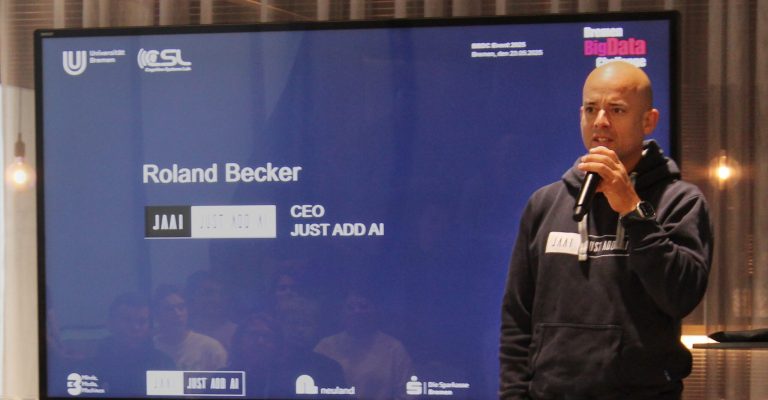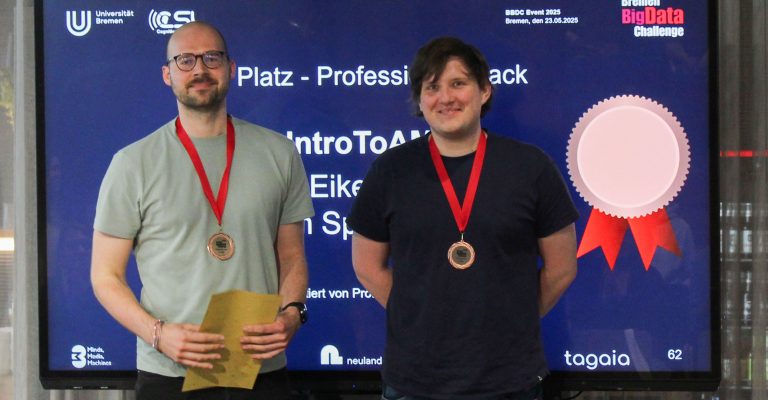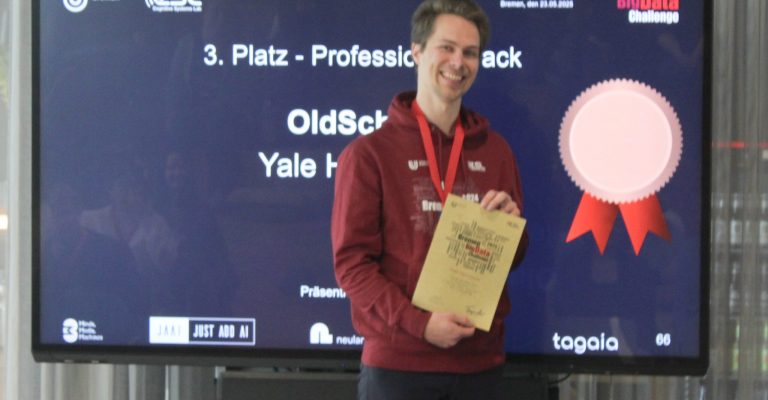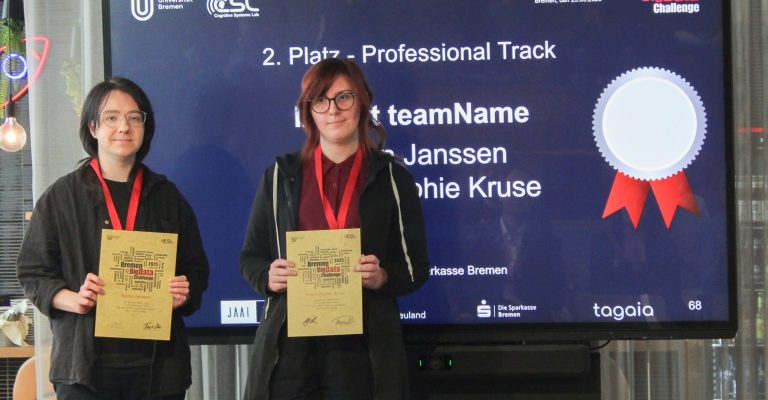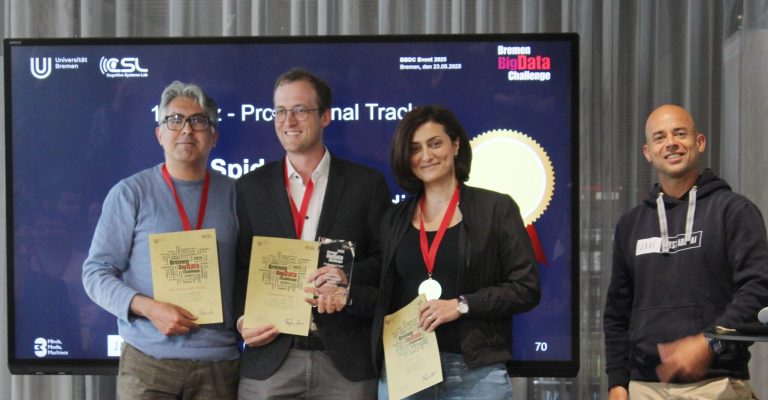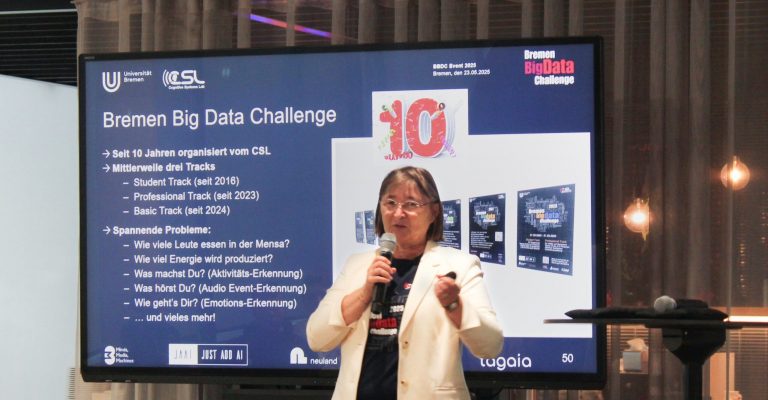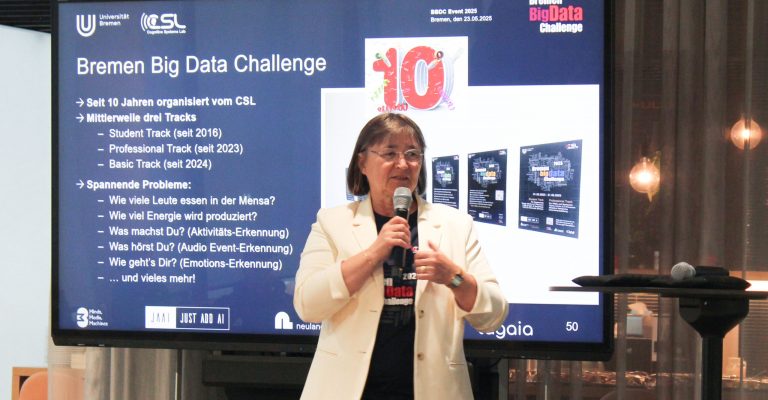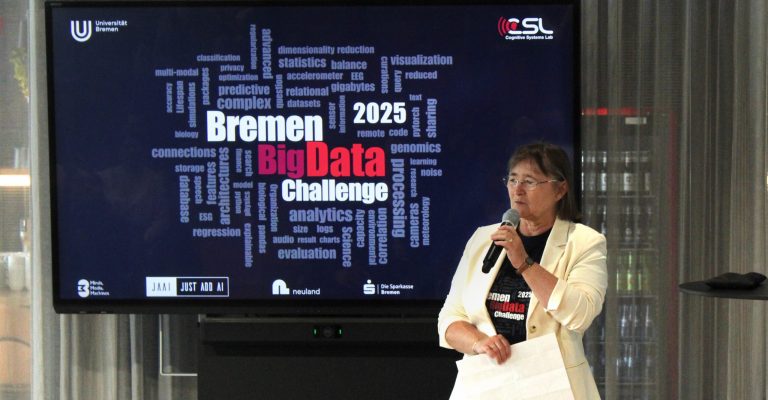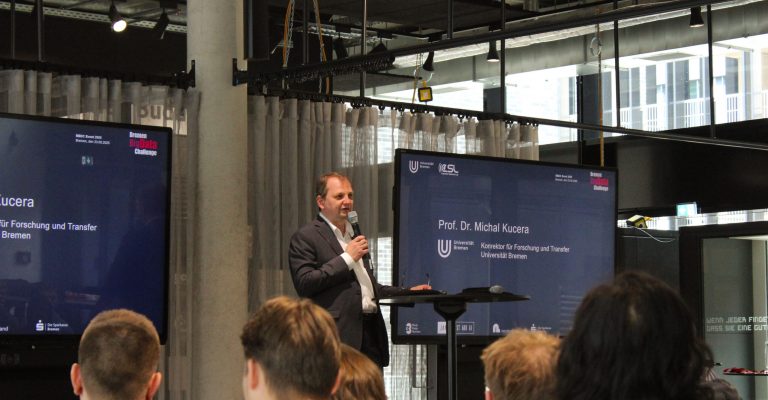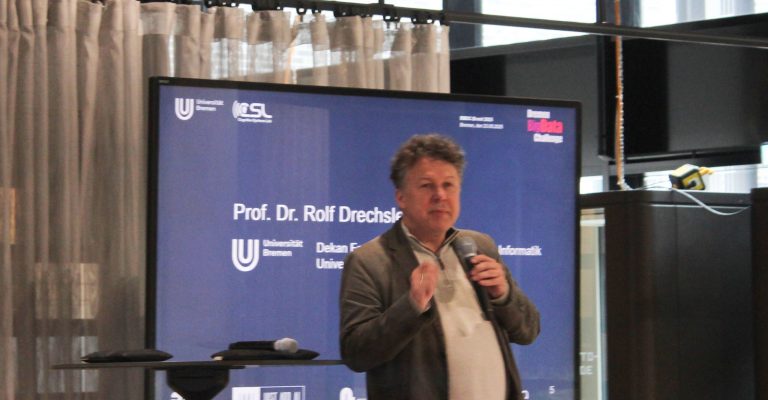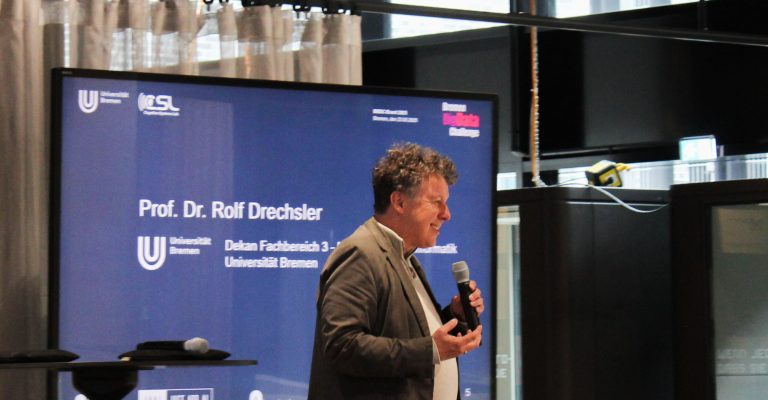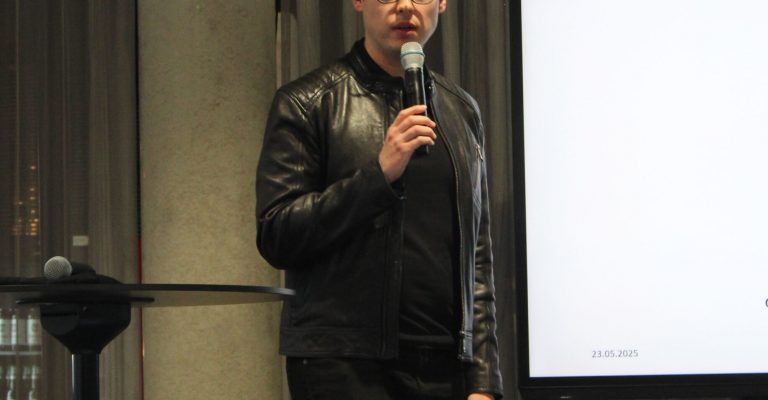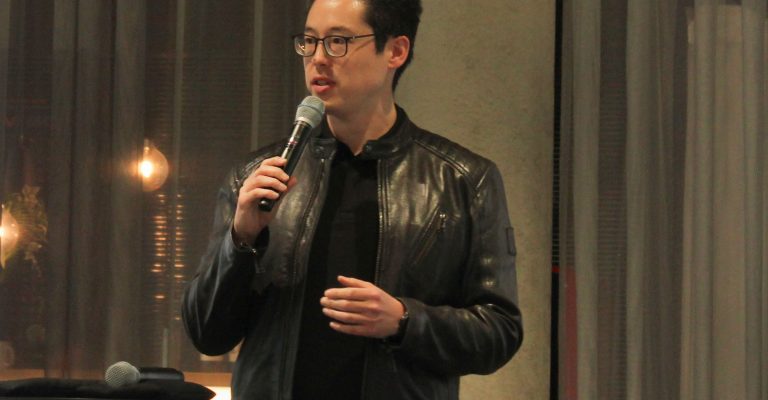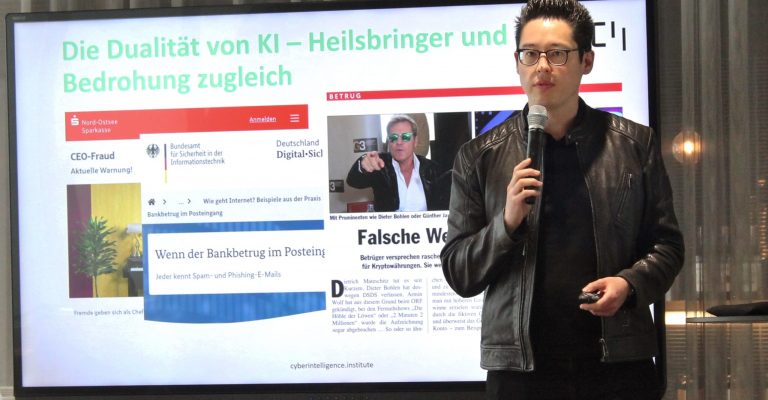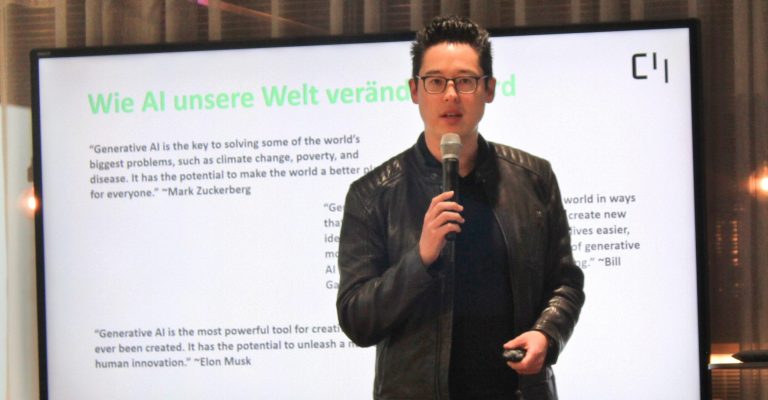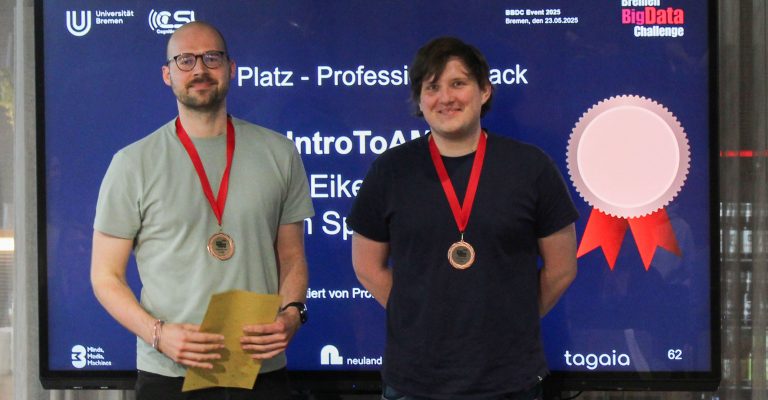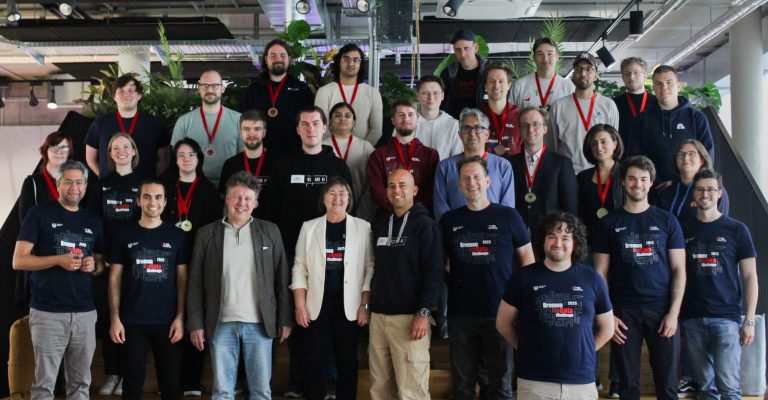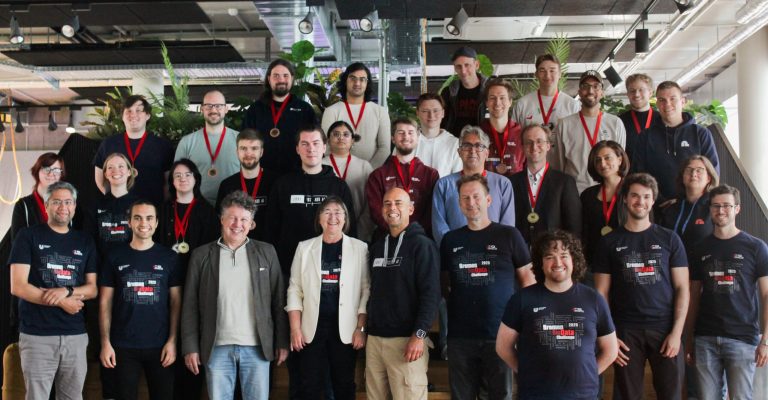Wann? Am 02.03.2026 um 14:00 Uhr (Bremen local time).
Where? Online: Zoom Link
What? Introduction mode, task, team formation, and first questions.
Who? Participants of all the tracks.
Wann? Am 02.03.2026 um 14:00 Uhr (Bremen local time).
Where? Online: Zoom Link
What? Introduction mode, task, team formation, and first questions.
Who? Participants of all the tracks.
Wann? Am 16.03.2026 um 14 Uhr bis 15 Uhr (Bremen local time).
Where? Online: Zoom Link
What? Many questions & answers
Who? Participants of all the tracks.
For questions, exchanges and group inventions: Link.
An exchange of ideas is desired! Plagiarism, on the other hand, is not permitted and leads to disqualification.

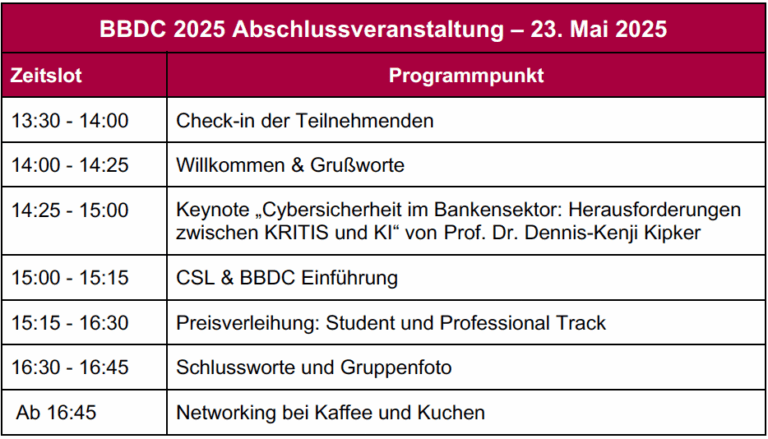
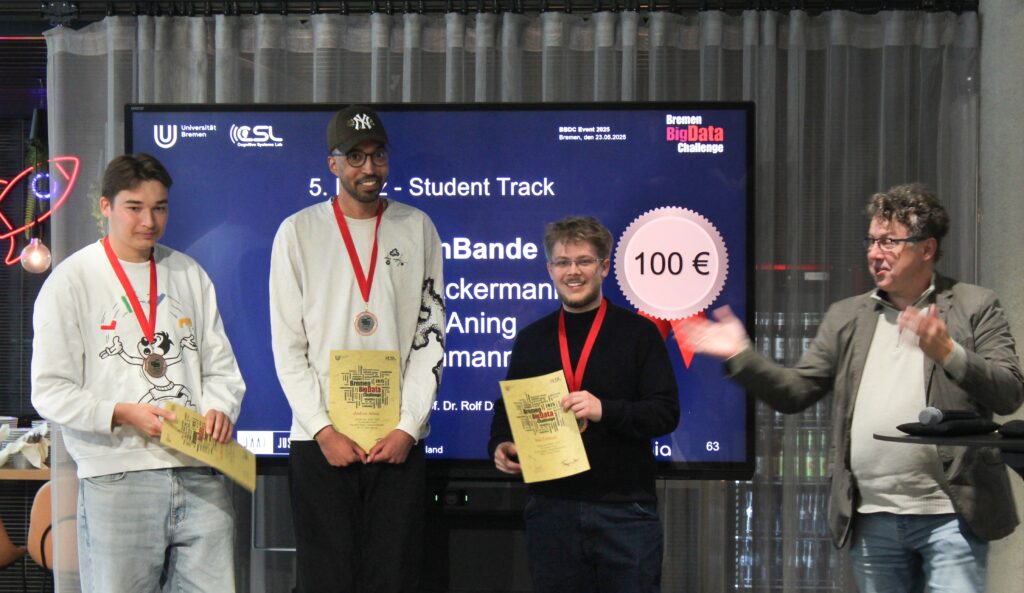
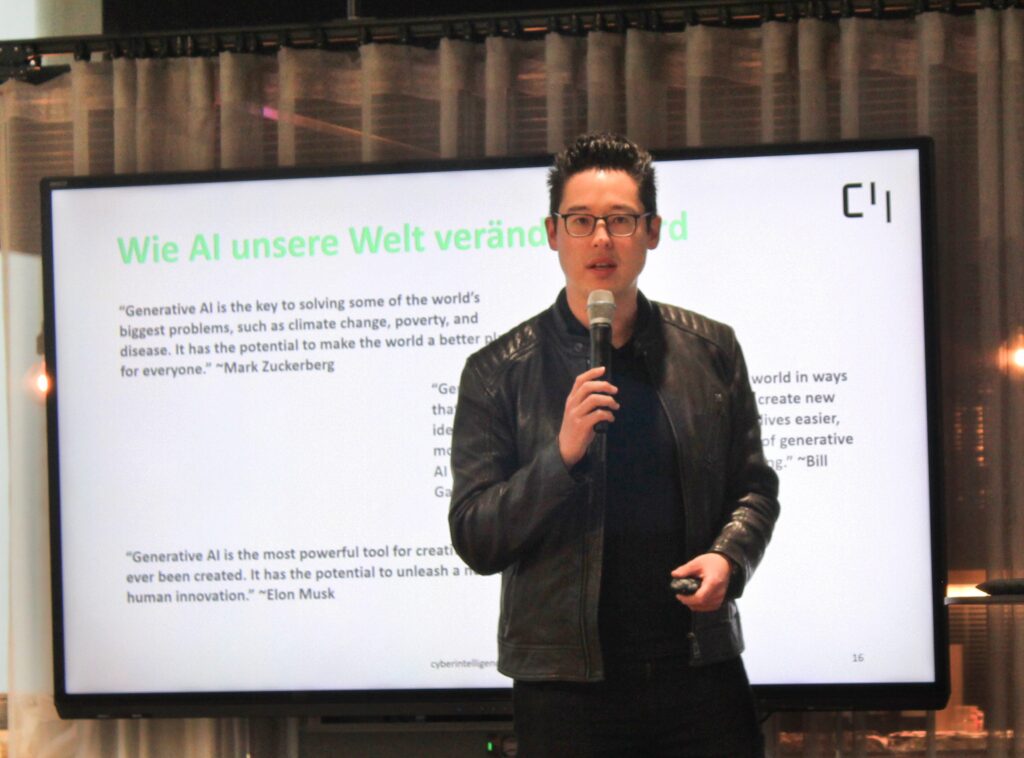
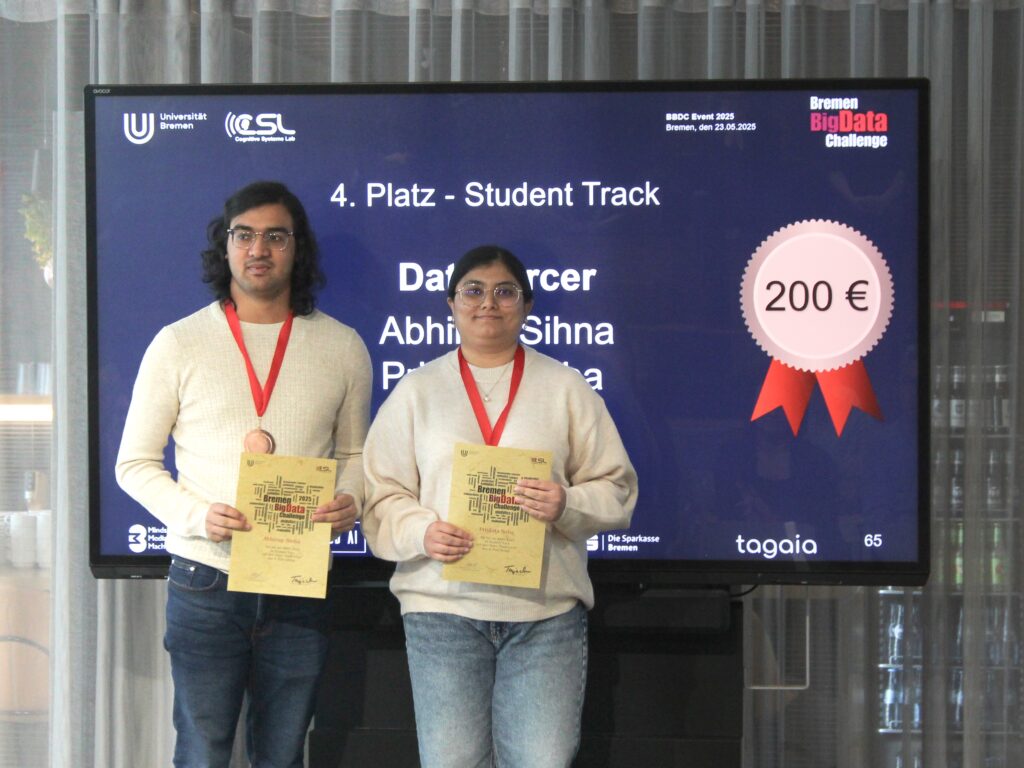
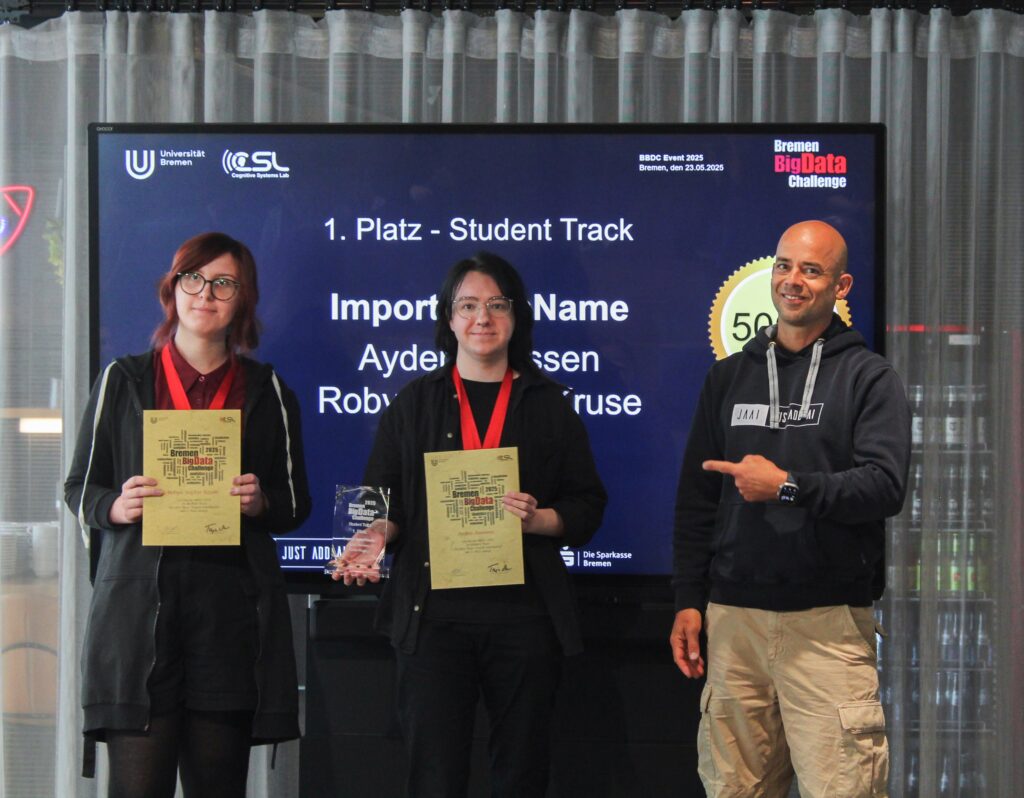
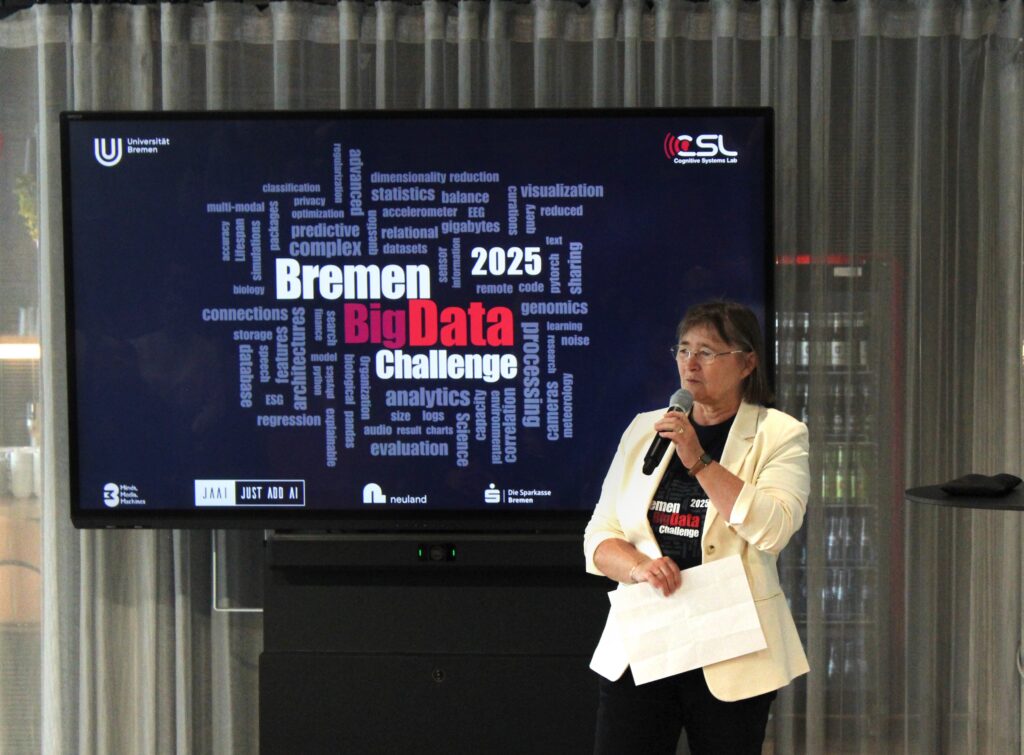
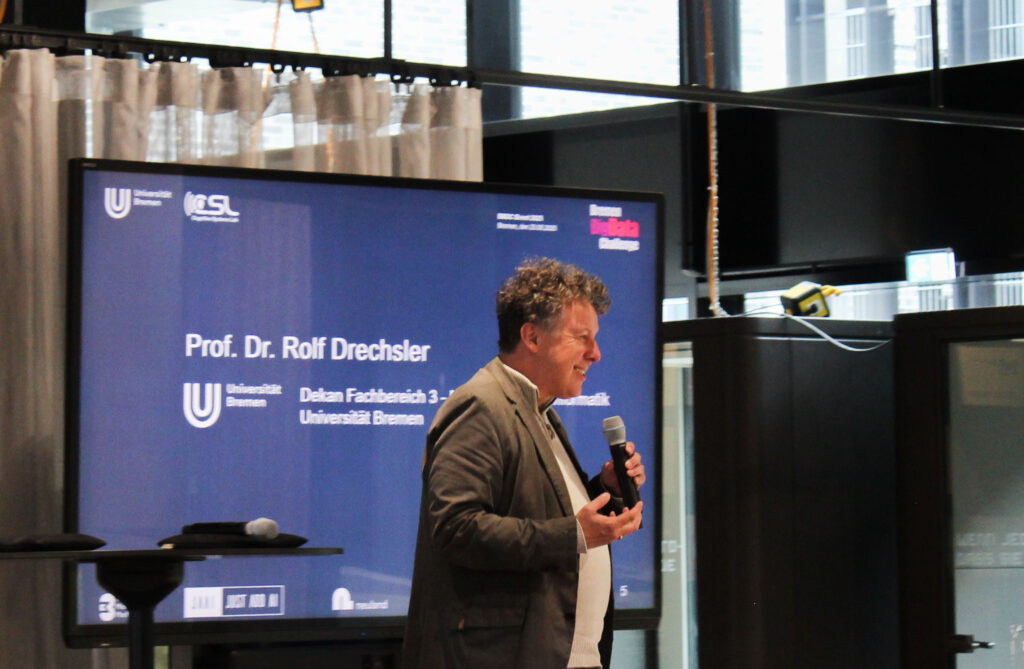
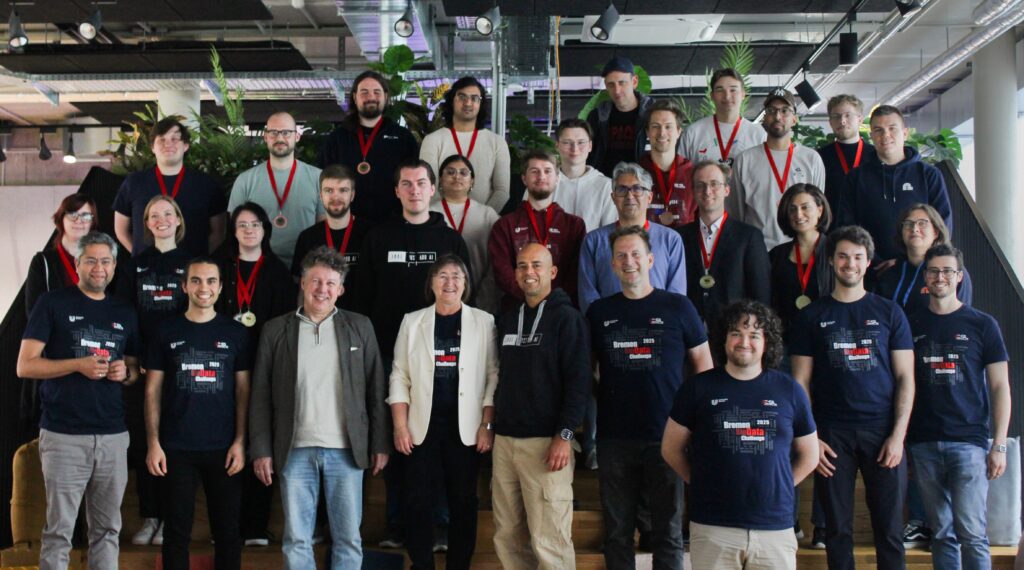
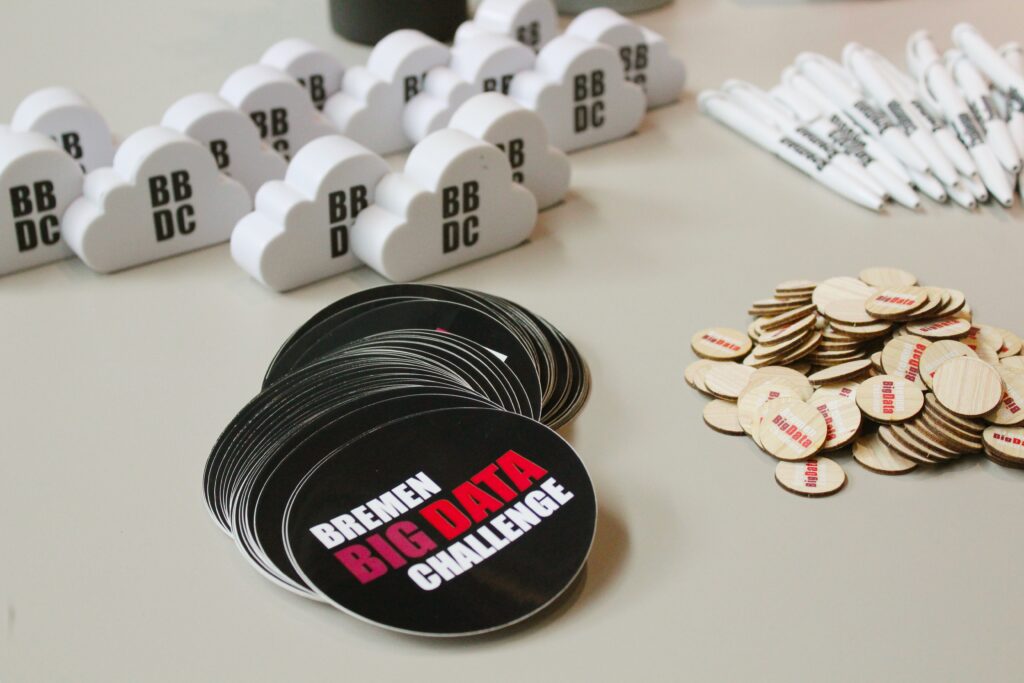
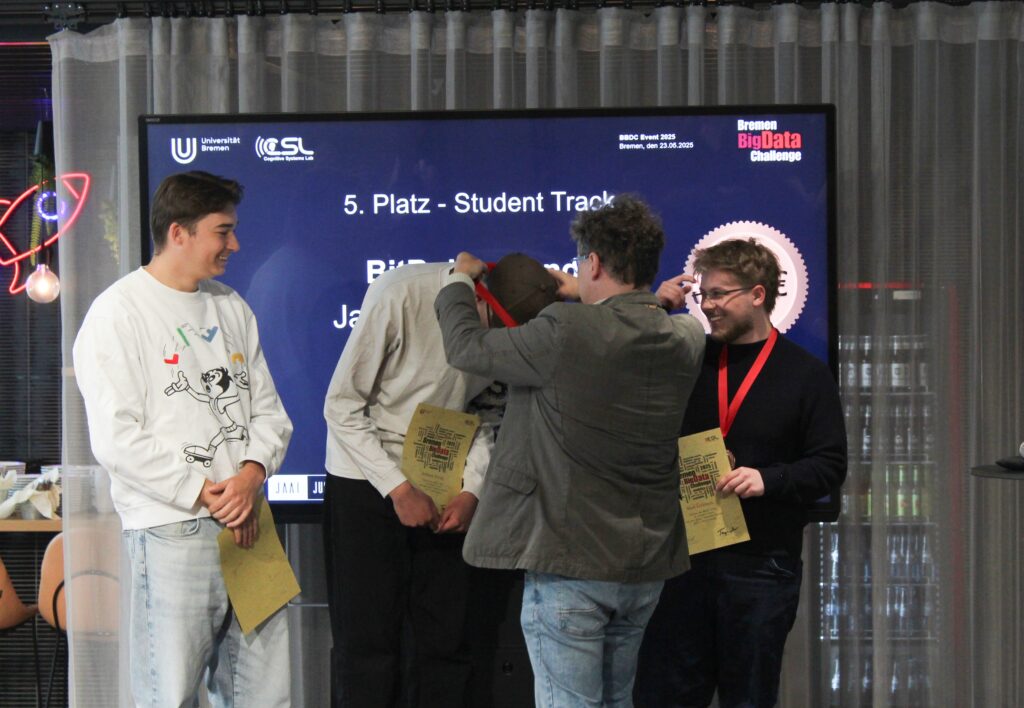
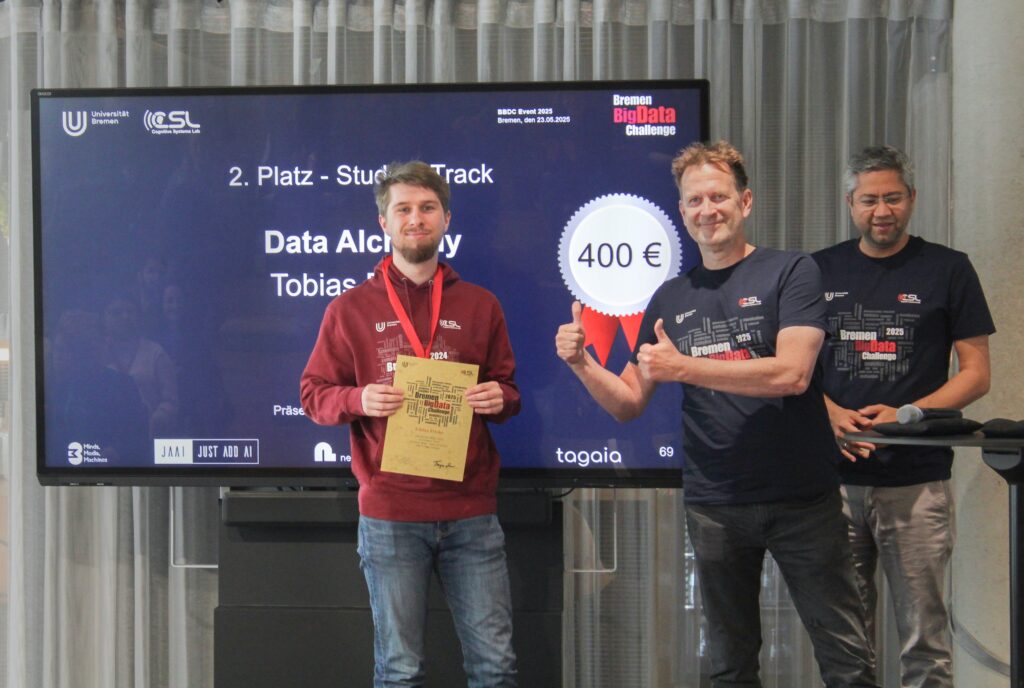
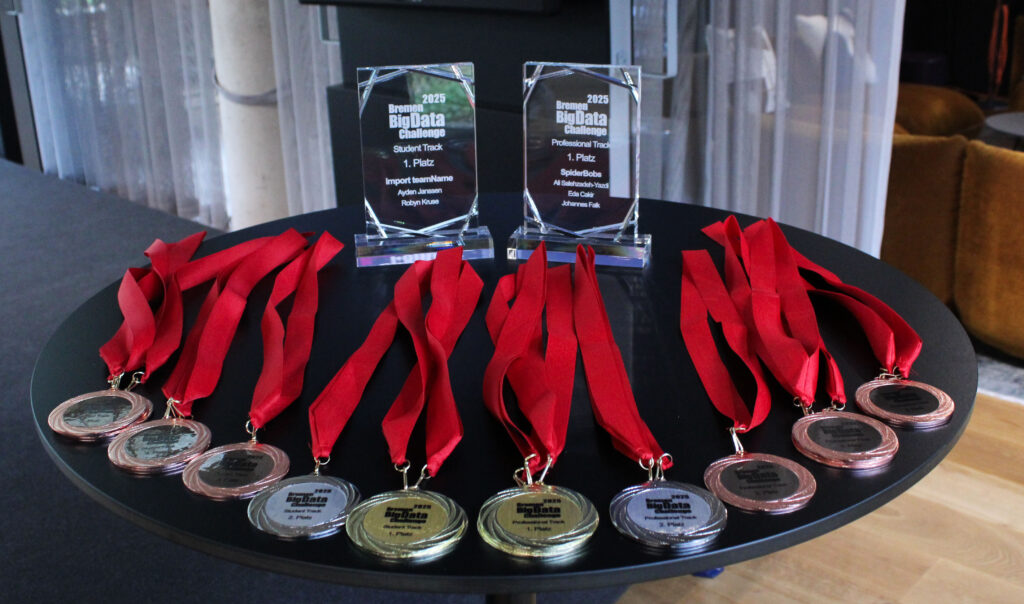
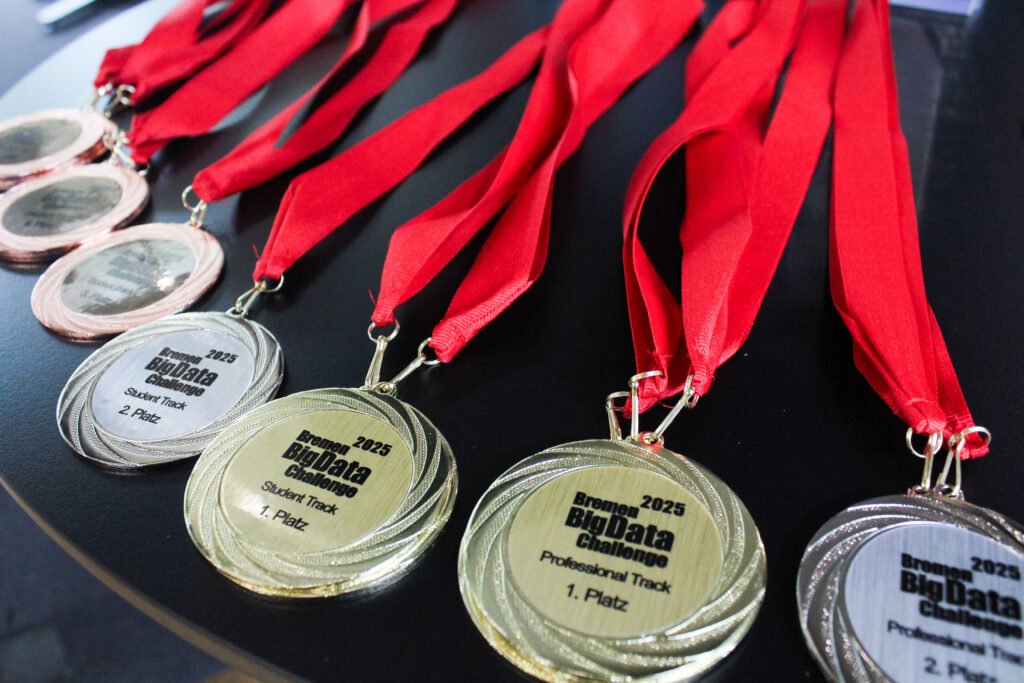
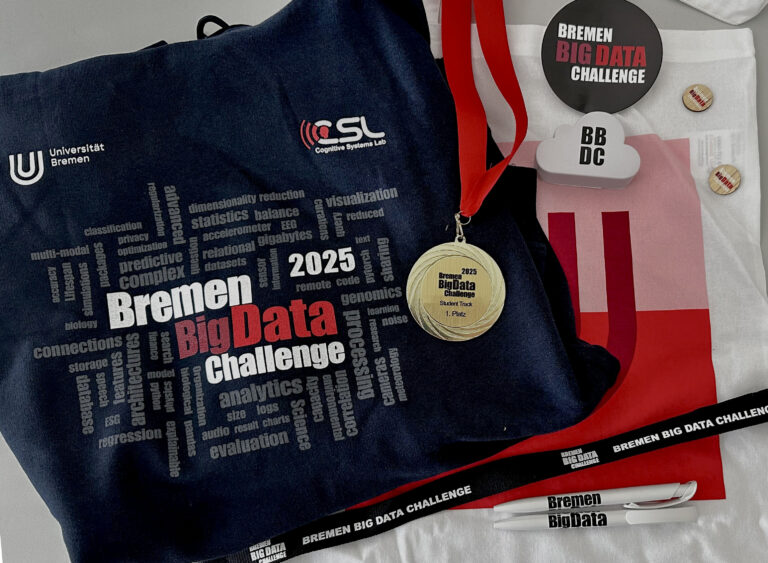
Individuelle Trophäe, Hoodie/T-Shirt & Sachpreise
Medaille, Hoodie/T-Shirt & Sachpreise
T--Shirts & Sachpreise
In the Student Track: All students in their Bachelor's or Master's program. For more information: Terms and Conditions.
Either individually or in a team of up to 3 people.
From February 1st to March 31st, via the submission system. Even with later registration, the full number of tokens will be available.
See Prizes
No prior experience in the field of Big Data is required for participation. However, solid programming skills in any programming language are expected.
All personal data collected as part of the competition (name, email address, and university or employer of the participants, as well as IP addresses) will only be processed and stored within the University of Bremen and solely for the purposes of the competition. The names of the competition winners will be published with their consent
